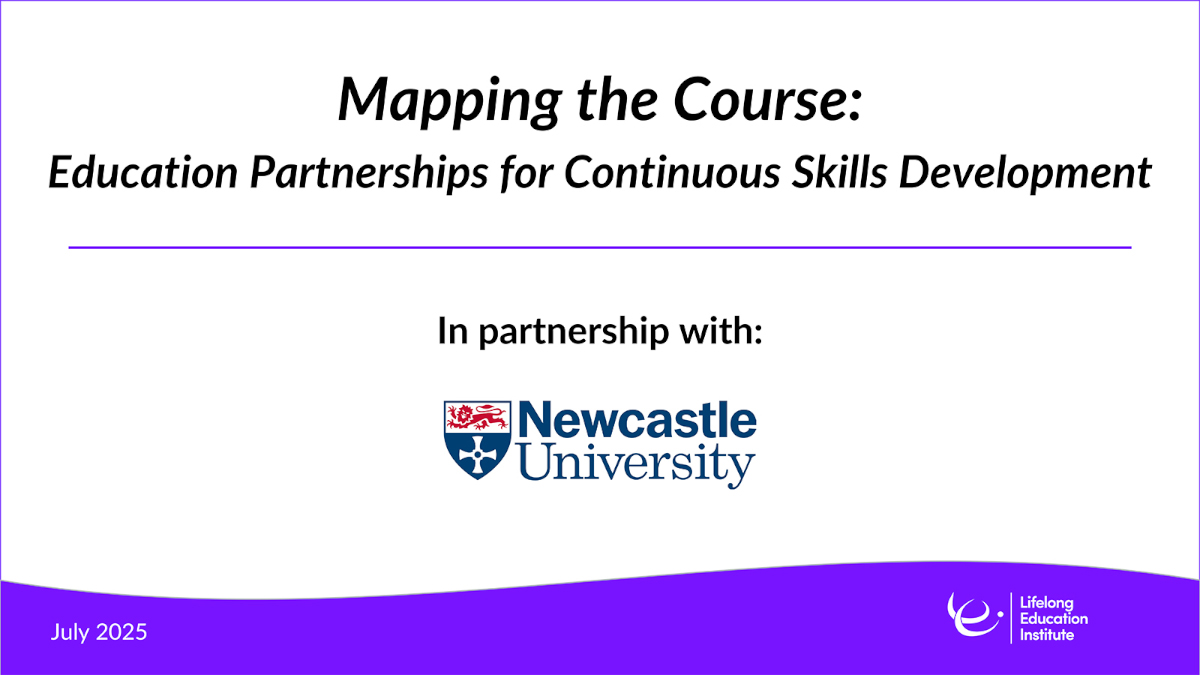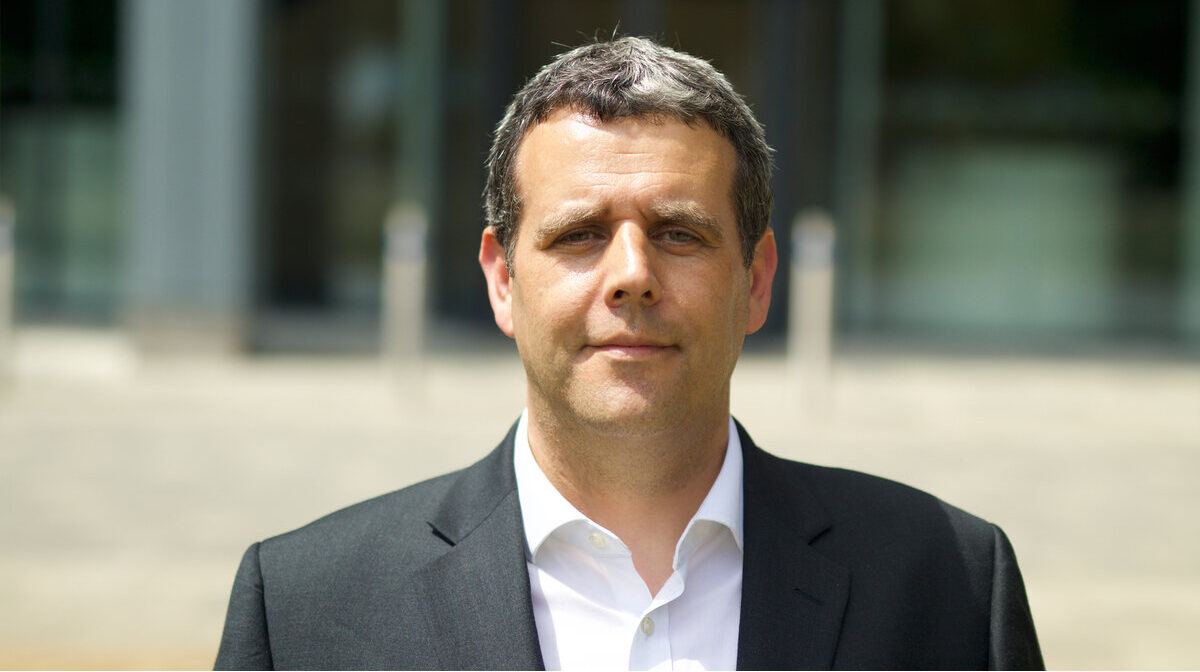Education – An inside view

David, who experienced the school-to-prison pipeline firsthand, emphasises the transformative power of education in prison. He argues that by providing practical skills, personal growth, and lifelong learning opportunities, prison education can reduce reoffending rates, promote successful reintegration, and create safer communities while addressing the unique needs of neurodivergent individuals.
Personal Experience with Education and Exclusion
I have experienced first-hand the restorative properties of education in prison, and I do not just mean educational programs and/or vocational training, because one of the most important lessons I learnt during my time in the revolving doors of crisis and crime was learning about who I was, and most importantly, who I could be.
My school journey was marked by difficulties. Frequent temporary exclusions, attributed to my ‘persistent challenging and disruptive behaviour’—which I prefer to call being misunderstood—eventually led to my permanent exclusion. Subsequently, I found myself entering the school-to-prison pipeline. In 2017, the Institute for Public Policy Research estimated that out of the 85,975 people in prison, I was among the 54,164 who had previously faced school exclusion.
Remarkably, years later, when school league tables emerged, the school I attended held the unfortunate distinction of being the worst-performing school in the country for two consecutive years.
The Importance of Understanding Oneself
However, like Mark Twain, I never let my schooling interfere with my education. I loved to learn, and I still do. It took me several prison sentences, a diagnosis here and there, and education to finally understand the whys and wherefores of me and my life. Reasons. Ones that did not excuse but they did provide me with knowledge.
As a friend once said to me, when you know how your brain works, you can work with it rather than against it.
The Role of Education in Reducing Reoffending
Education in prison plays a crucial role in reducing reoffending rates and facilitating successful reintegration into society, and when education is prioritised within the prison system, it can transform the overall prison culture. A learning-focused environment encourages personal responsibility, positive behaviour, and constructive use of time. It can also improve relationships and create a more rehabilitative atmosphere, ultimately contributing to safer communities.
Addressing Neurodivergence in the Prison Population
However, I am a firm believer that a vast majority of people in prison are sat in their cells with undiagnosed and diagnosed neurodivergent conditions. In a recent report from the chief inspector of prisons, he highlights the need for better assessment, treatment, and training of neurodiversity to break the cycle affecting far too many: from crime to arrest, court, prison, probation, and reoffending. Families and loved ones are also affected, as are victims of crime, and society. The inspectorate’s report emphasises adjustments that can be made to support people who are neurodivergent. If we better understand and meet the needs of people who are neurodivergent, we can transform their experiences and outcomes throughout the justice process, and it is heartening to see schemes in some prisons screening for conditions like ADHD, Autism, and Dyslexia on arrival, but far more needs to be done.
Education as a Pathway to Rehabilitation
Regarding the justice process, I define rehabilitation as being an attitude and in my experience, education in prison goes far beyond academic knowledge or vocational skills. It fosters personal growth, self-confidence, and a sense of purpose, which are essential in creating a mindset of rehabilitation. Engaging in educational activities can help people in prison develop positive mindsets, improve decision-making abilities, and acquire life skills like parenting, financial management, and interpersonal skills.
Improving Employability and Reducing Reoffending
One of the main factors contributing to reoffending is the lack of employment opportunities for people leaving prison. Many people in prison have not acquired the necessary skills, qualifications, or work experience that employers seek. High-quality vocational training and educational programs can equip people in prison with marketable skills, industry-recognised certifications, and improved literacy and numeracy levels, significantly boosting their employability upon release. Employment has been proven to reduce reoffending rates substantially.
Inspiring Lifelong Learning
Experience taught me that effective prison education should not only focus on immediate employment prospects but also inspire a love for learning and personal growth. By providing access to higher education opportunities, self-directed study, and distance learning programs, prisons can cultivate a culture of lifelong learning. An ongoing pursuit of knowledge and self-improvement can positively impact the mindsets of people in prison and reduce the likelihood of reoffending.
Conclusion
Investing in high-quality education within our prisons is a crucial step towards reducing reoffending rates, promoting successful reintegration, and building safer communities. By providing people in prison with practical skills, nurturing personal growth, tackling learning obstacles, promoting lifelong learning, and fostering a positive prison environment, education in prison can break the cycle of crisis and crime and unlock the potential for positive change.
By David Breakspear, Prison reform campaigner











Responses